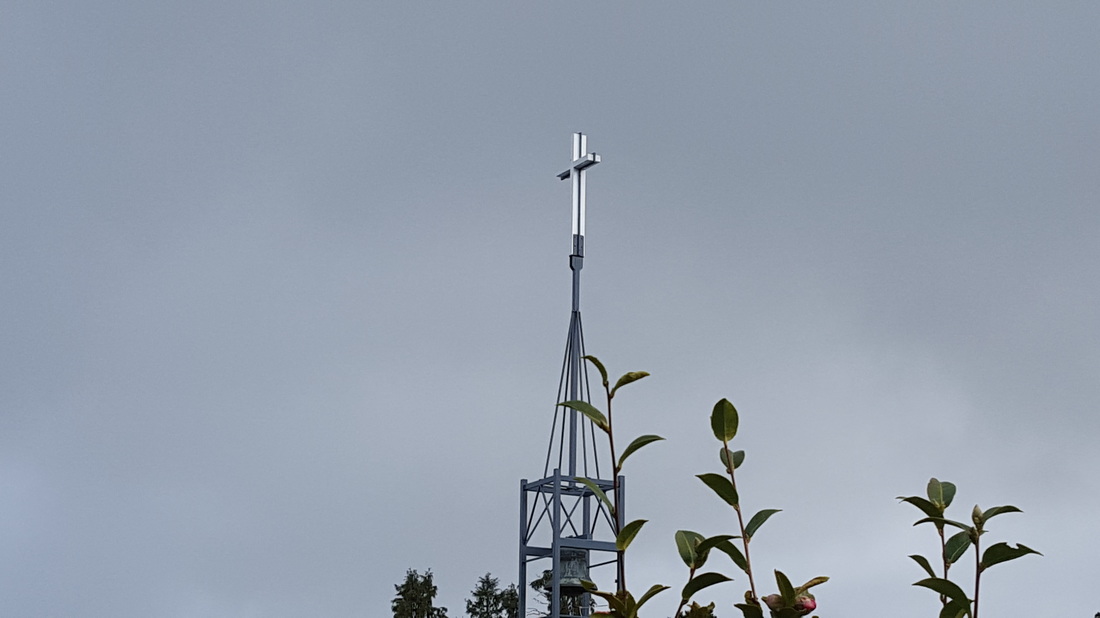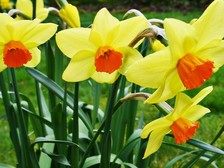PEACEPeople have been known to say “Fr Sanele, where does he get his balance, how is it he shows such peace?”. Driving up the avenue of trees to the Kopua Monastery it is easy to understand. The trees open out to a collection of buildings sitting in a quiet rural landscape. A warm welcome awaits guests. It was here that Fr Sanele spent 13 years in the early part of his ministry. The monastery bell strikes through the day in the stillness, a call to prayer. Monks, residents and guests gather. Prayer is gentle, there is no rush. The people gathered through the rhythms of ancient worship are finding their own connections with a God that loves them. Fr Nicolas relaxing in the sun at the monastery remembers the wise words of his mother “if you pray you will be happy, if you don’t pray you will get lost in the world”. The monastery is a place of deep prayer. It is a place of radical prayer. That is not to say it is a place of crazy prayer but a place of purity in prayer. Fr Nicholas says it is so easy to find distraction “they come to us from all directions”. Where do we go to find time to detach, to let go of everything but our relationship with God? How do we still ourselves long enough to listen to the outpouring of love God has for us? Ultimately, it is a journey that we are all on. Our hope is that we will detach from what is not important, we will listen, we will find peace and happiness. As Christians we are called to love our neighbor and help others, especially the poor as often mentioned in the bible, "He who despises his neighbor sins, but happy is he who is gracious to the poor." [Proverbs 14:21]. So who exactly is the poor? Our neighbor? Someone once asked Jesus the same question [Luke 10:25-37]. Even today poverty is considered hard to define. There is no official ‘poverty line’ in New Zealand as there is in many other countries and there is no formal agreement about exactly how to measure poverty. There is a general consensus that a level of income set less than 60% of median household disposable income (after housing costs) is 'reasonable' measure, but even then the topic is debated heavily. It's important to note I think that those we consider 'in poverty' need not even be restricted to those short on goods. Those in hospital, those who are alone, in any kind of need are all good candidates. It was Mother Teresa, who knew intimately about poverty, that put forth "the biggest disease today is not leprosy or tuberculosis, but rather the feeling of being unwanted." Jesus' observation "The poor you will always have with you, and you can help them any time you want," strikes us as more than a duty but an opportunity. A chance to participate in the work of the Lord who created all things, to show His - and our - love to others. There is no need to fly around the world to find those in need (not that I would discourage you!), the Lord has a plan for each of us wherever you are right now. September is here already! Winter draws to a close and spring officially starts on the 23rd Sept. What does that mean for us? What might that mean for people of faith in this day and age? Historically the start of spring was marked by a myriad of festivals and traditions. Pagans have celebrated spring as a time of renewal and fertility, rejoicing in the promise of warmer and longer days for thousands of years before even our Lord was born. Easter is in many ways the Church’s continuation and re-appropriation of something we've celebrated for eons. Even the word 'Easter' is attributed to pagan goddesses from more ancient cultures than you can shake a stick at, not to mention symbols like the hare and the egg. Really the Church borrowing and appropriating the symbols and traditions of other cultures should be quite familiar to all of us. It was St Ambrose who said "When in Rome, live as the Romans do; when elsewhere, live as they live elsewhere," and indeed in much of her history the Church has been happy to accept the cultures of the people who've joined her in her mission, refocusing traditions, celebrations and practices toward the Lord where required. The prime example here might be the cross itself. It wasn't always the trademark symbol of Christianity that everyone knows today. Rather it too used to be a symbol connected to many pagan traditions. The pagan philosopher Celsus snidely remarked in the 2nd century "Are these distinctive happenings unique to the Christians-and if so, how are they unique?" in reference to the early Church and how her teachings on the life of Jesus were not unusual in the world. Celsus however did not realise what the Church had, and still has - the light and the truth of the world - and today however all of these things from so many different origins have been firmly repurposed towards Our Lord Jesus. THIS MONTH'S GOSPEL READINGS
1 Comment
22/3/2019 12:16:40 am
Before anything else I just want to thank you for posting the video featuring all these gospels. The reason why I love fooling your website is the fact that I get the chance to learn a lot of stuff about religion and life. It is a good thing that we are being given the chance to see the beauty of religion and the benefits on why we should follow what it has to say. If we will just learn how to be open on things like this, we realize what a good life is!
Reply
Leave a Reply. |
SHARINGIf you have news and views to share please email them to: [email protected] Archives
December 2018
Categories |



 RSS Feed
RSS Feed